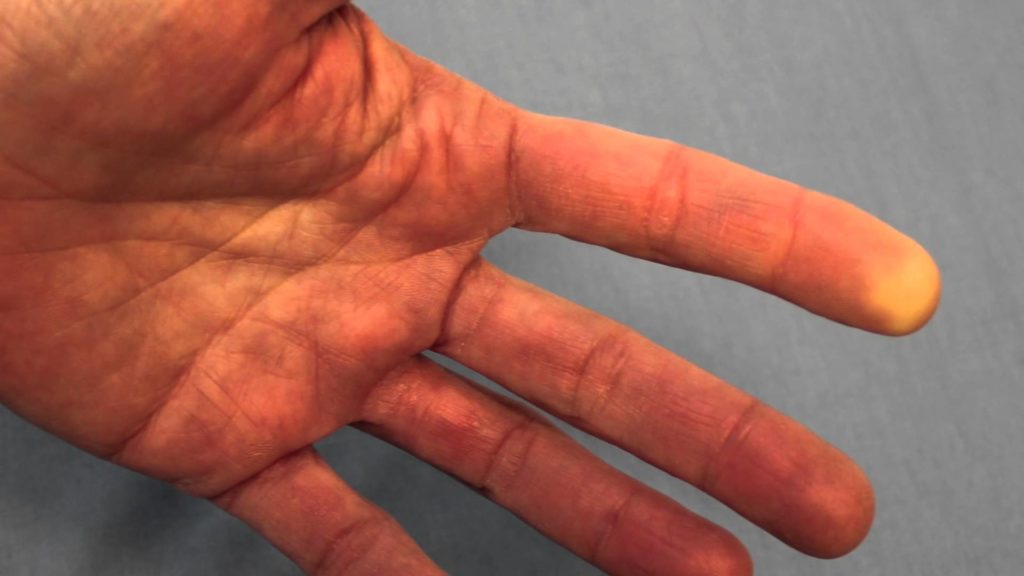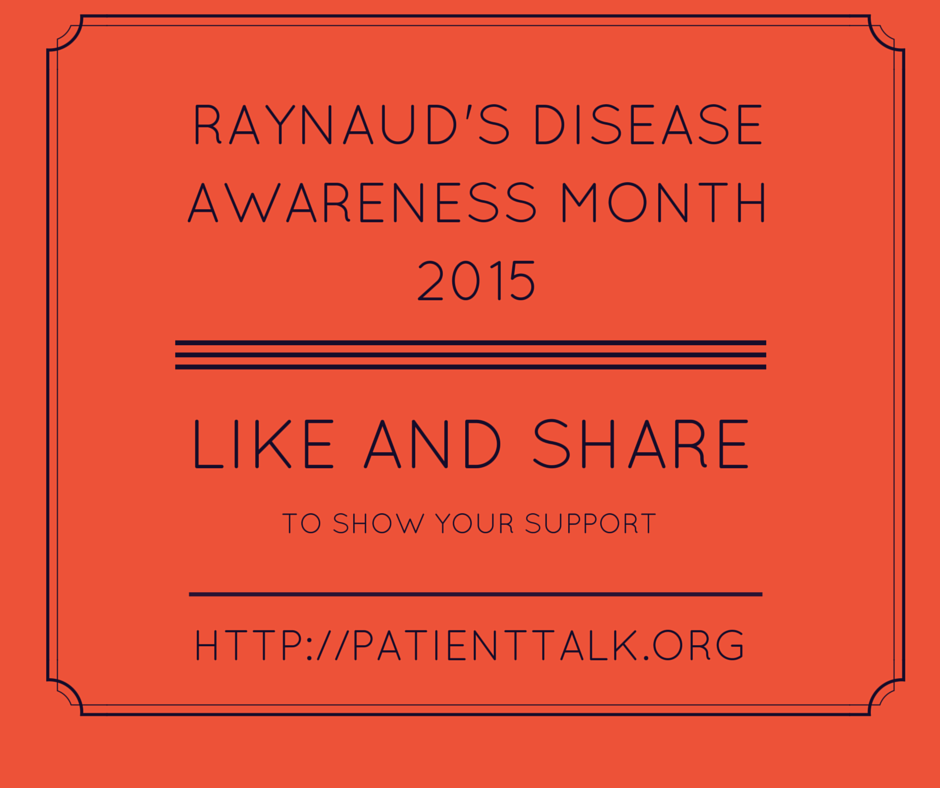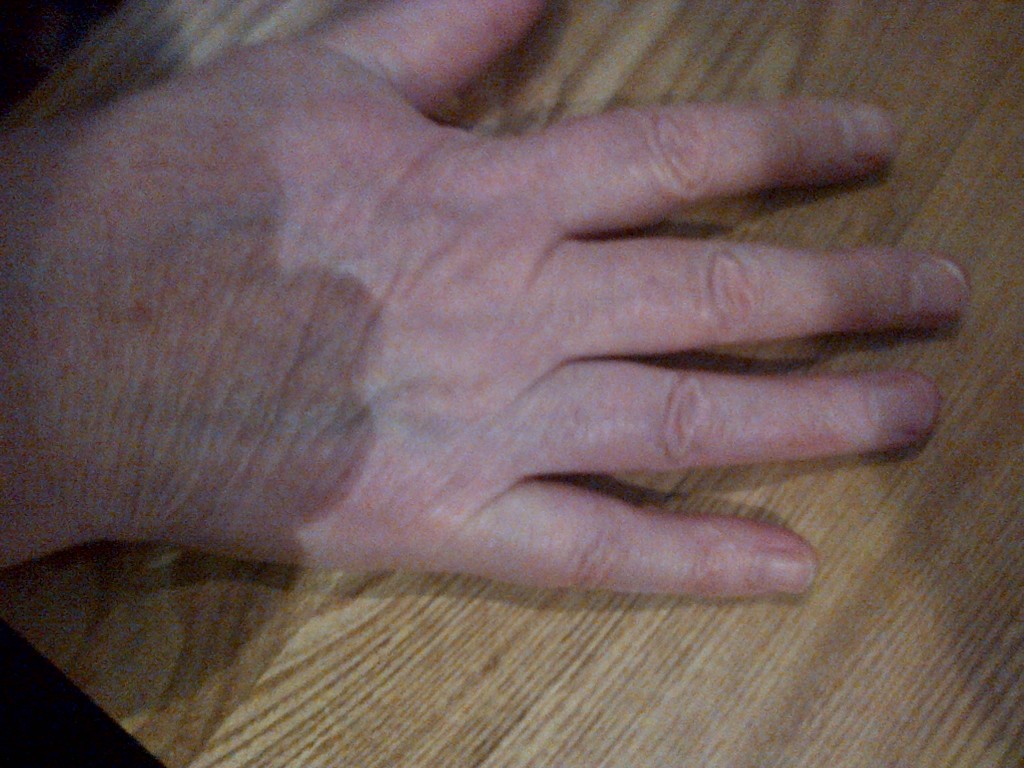Raynaud’s phenomenon is a common condition that affects the blood supply to certain parts of the body – usually the fingers and toes.
It’s often referred to as Raynaud’s syndrome, Raynaud’s disease or just Raynaud’s.
Raynaud’s is usually triggered by cold temperatures, anxiety or stress. The condition occurs because your blood vessels go into a temporary spasm, which blocks the flow of blood.
This causes the affected area to change colour to white, then blue and then red, as the bloodflow returns. You may also experience numbness, pain, and pins and needles.
Symptoms of Raynaud’s can last from a few minutes to several hours.
It’s not a serious threat to your health, but can be annoying to live with, because it can be difficult to use your fingers. People with Raynaud’s often go for long periods without any symptoms, and sometimes the condition goes away altogether.
Other parts of the body that can be affected by Raynaud’s include the ears, nose, nipples and lips.
Treating Raynaud’s
In many cases, it may be possible to control the symptoms of Raynaud’s yourself by avoiding the cold, wearing gloves and using relaxation techniques when feeling stressed.
Stopping smoking can also improve symptoms, as smoking can affect your circulation.
If you’re unable to control your symptoms yourself, then a medication called nifedipine may be recommended.
Read more about treating Raynaud’s.
Types of Raynaud’s
There are two types of Raynaud’s:
primary – when the condition develops by itself (this is the most common type)
secondary – when it’s caused by another health condition
Most cases of secondary Raynaud’s are associated with conditions that cause the immune system to attack healthy tissue (autoimmune conditions), such as rheumatoid arthritis and lupus.
The causes of primary Raynaud’s are unclear. However 1 in 10 people with primary Raynaud’s goes on to develop a condition associated with secondary Raynaud’s, such as lupus.
Your GP can help to determine whether you have primary or secondary Raynaud’s by examining your symptoms and carrying out blood tests.
Read more about what causes Raynaud’s and diagnosing Raynaud’s.
Possible complications
Secondary Raynaud’s can severely restrict the blood supply, so it carries a higher risk of complications, such as ulcers, scarring and even tissue death (gangrene) in the most serious cases. However, severe complications are rare.
Read more about the complications of Raynaud’s.
Who gets Raynaud’s?
Raynaud’s phenomenon is a common condition. It affects up to 20% of the adult population worldwide. There may be as many as 10 million people with the condition in the UK.
Primary Raynaud’s usually begins in your 20s or 30s. Secondary Raynaud’s can develop at any age, depending on the cause.
Raynaud’s is slightly more common in women than men.



